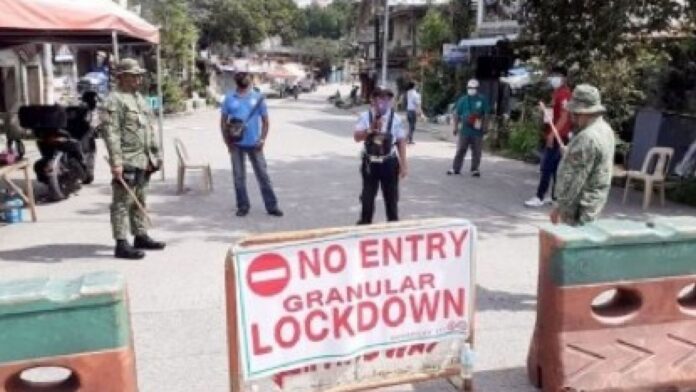The Department of Health (DOH) on Saturday said the number of active cases in Metro Manila has not yet hit its peak, citing its analysis over the past week.
“At this point, in our analysis, hindi pa natin nakikita na nagpi-peak na po tayo dito sa mga kaso. Pinag-aaralan po nating maigi ‘yan (we can’t conclude yet if we’re already reaching a peak in our cases but we are studying it),” Health Undersecretary Maria Rosario Vergeire said in a Laging Handa briefing.
She noted that the National Capital Region (NCR) has recorded almost 8,000 infections in one of the days last week and eventually decreased to around 5,000 to 5,500.
“Ito pong recent days nakita natin 5,800 naman, so tataas, bababa, tataas, bababa (Recently, it climbed to 5,800 so the number fluctuates, it will increase, decrease, then increase again),” she said.
The seven-day moving average in NCR over the past week grew by 8 percent to 5,825 compared to 5,410 from September 4 to 10.
Based on the latest DOH data, there are a total of 52,561 active Covid-19 cases in NCR.
The statement came following a report from OCTA Research Group that there are “early indications” that the surge may have already peaked in Metro Manila.
Dr. Guido David said the reproduction number in the region has decreased to 1.22, while the positivity rate decreased to 24 percent.
Due to the backlog of reporting of cases, he said he would expect that there would be days when cases could still spike.
“Efforts must be sustained because trends may still reverse, i.e. cases may increase again if care is not taken,” he said.
Metro Manila remains under the “high-risk case” classification, meaning it has a positive two-week growth rate in terms of reported cases as well as a high average daily attack rate.
Also under the same classification are Regions 1, 2, 3, 4-A, 6, 9, 10, 12, Cordillera Administrative Region, and Caraga.
“As to the ICU utilization and health care utilization, most of them still have high utilization for ICU and bed. If we look at it, we are still at the risk level where we need to monitor closely,” Vergeire said. (PNA)


